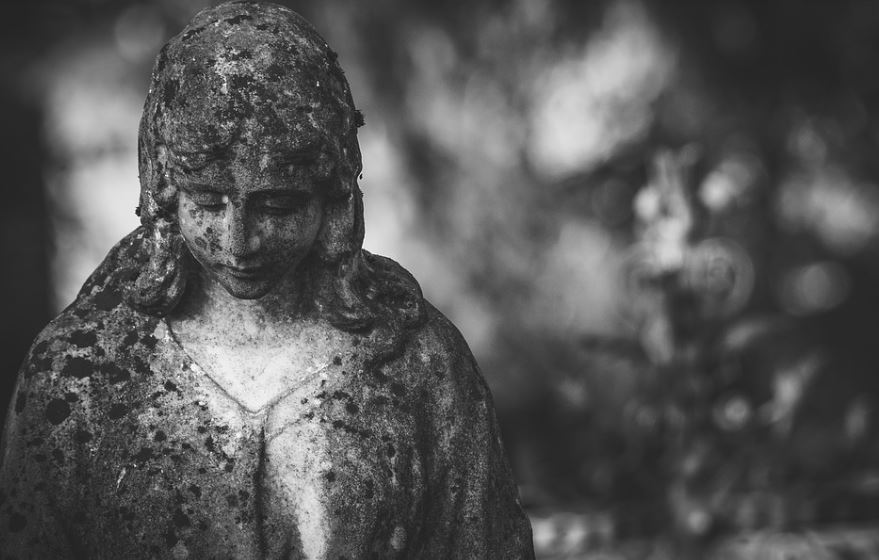Flowers are a funeral home in Tallahassee tradition. Flowers have very special meanings for funerals, so even if the obituary for someone who has died specifically asks for expressing sympathy or remembering the person by making a donation instead of sending flowers, you will find that some people will still send flowers either to the funeral home or to the bereaved family.

Flowers equal emotional expression for many people, which is why they choose to send them when someone dies. An online donation to an organization, a cause, or a charity, while needed and appropriate, doesn’t feel as connected emotionally as the act of picking out flowers or a plant for the funeral or to be given to the family.
There will always be flowers at funerals. Usually, the family of the deceased provides flowers. The immediate family provides the casket spray, while other family members provide standing sprays. Additionally, in some family traditions, individual flowers are laid on the casket at the gravesite as a token of respect.
If you choose to send flowers or a plant to a funeral for someone who has died, you should know a little about what certain flowers mean and how you can use flowers to best express your emotions and relationship to the deceased.
You may choose to send flowers to a funeral because the deceased has no surviving family to provide flowers. In this situation, you might want to choose flowers that symbolize innocence and purity or friendship. Good flower choices for purity and innocence are lilies and white roses, while yellow roses are universally recognized as expressions of friendship.
You may decide that you want to make sure the grave of the deceased has a regular fresh supply of flowers. You can make arrangements with a local florist for the flower delivery as often you desire – from once a month to once a year. If you choose to have them delivered once a year, pick a significant date like the deceased’s birthday or date of death.
A well-known American example of yearly flowers left at the grave is that of the gravesite of author Edgar Allen Poe in Baltimore, MD. From 1949 to 2009, a mysterious visitor visited Poe’s gravesite every year on Poe’s birthday (January 19). The still unknown visitor left the same thing each year: three roses and a bottle of cognac. Presumably, when this annual visit ceased in 2010, the stranger who paid homage to the late writer every year had met the same fate as Poe did in 1849.
Instead of having a florist make up a flower arrangement, you may choose to pick out your own flowers to arrange yourself. While there is significant to the type and colors of specific flowers for funerals, if you’re designing your own arrangement, then you should choose flowers that are aesthetically pleasing to your eye and make them into an arrangement that you like.

If you’re an immediate family member of the person who died, you may have been one of the family members who asked for something other than flowers to remember your loved one by. However, there is still something very personal, very comforting, and very sentimental about providing flowers for the funeral of your loved one or by making sure that there are flowers at their gravesite all year long.
For more information about flowers for funerals at funeral home in Tallahassee, including grief resources, our caring and knowledgeable staff at Lifesong Funerals & Cremations is here to assist you.





